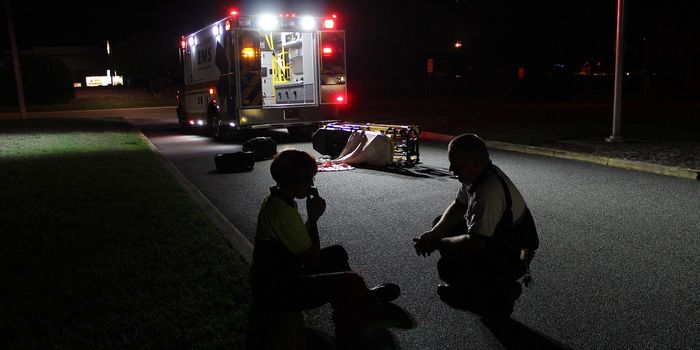The Growth of THC-O-Acetate in the Cannabis World: Fluff vs Facts
A recent study published in the Journal of Psychoactive Drugs examines the facts and fiction behind a recently hyped cannabinoid, THC-O-acetate, and whether it produces psychedelic effects like mushrooms or LSD, which is the claim across a myriad of social media platforms. THC-O-acetate is labeled as a semi-fabricated compound obtained from delta-8 tetrahydrocannabinol (THC), or delta-8 THC. This study holds the potential to help alleviate the stereotypes about cannabis and which cannabis compounds are safe and reliable, as THC and cannabidiol (CBD) currently stand as the only two most well-studied cannabis ingredients.
“THC-O-acetate has been getting a lot of attention because people are saying it’s stronger than regular THC and there are these claims that it produces psychedelic effects,” said Dr. Daniel J. Kruger, who is a research associate professor in the University of Buffalo’s School of Public Health and Health Professions, and lead author of the study. “We wanted to study this and see, is there really a psychedelic cannabinoid? Can we find evidence that THC-O-acetate has this effect? And the answer is, not so much.”
For the study, the researchers conducted a survey of almost 300 participants and asked them to specify their experiences regarding certain criteria, including pain relief, anxiety, euphoria, altered sense of time, difficulty concentrating, hallucinations, relaxation, and paranoia. They were also tasked with completing the Mystical Experience Questionnaire (MEQ), which was developed in the 1960s to document psychedelic experiences. The results found that 79 percent of the participants reported that the psychedelic experience from using THC-O-acetate as being “not at all” or “a little”.
Regarding why some users claimed to have psychedelic experiences when using THC-O-acetate, the study notes this could be from certain preconceived expectations, intense highs, and/or product contamination.
“There’s tons of interest in delta-8 and THC-O-acetate, and lots of claims being made about them with virtually no research,” said Dr. Kruger. “They’re really new to the consumer market and cannabis still has this weird mix of policies where it’s illegal at the federal level, so we don’t have national regulations, certainly not the kind of testing you’d have with a prescription drug.”
What new discoveries will scientists make about cannabis and its various ingredients in the coming years and decades? Only time will tell, and this is why we science!
Sources: Journal of Psychoactive Drugs, Riverside Recovery, U.S. Food and Drug Administration, EurekAlert!, Blossom Analysis
As always, keep doing science & keep looking up!








